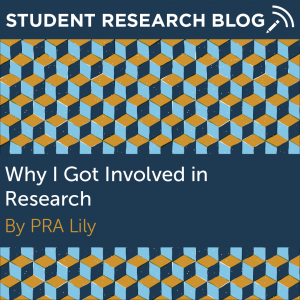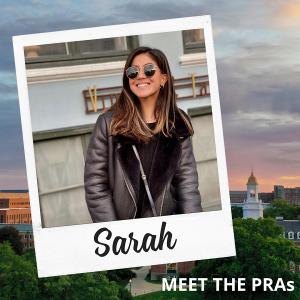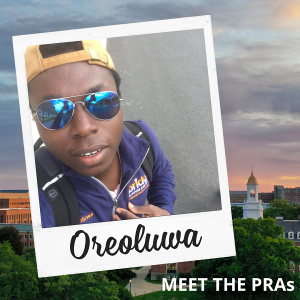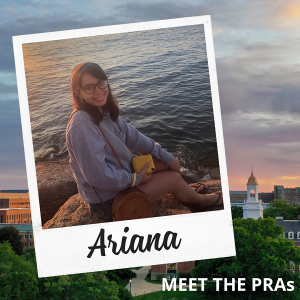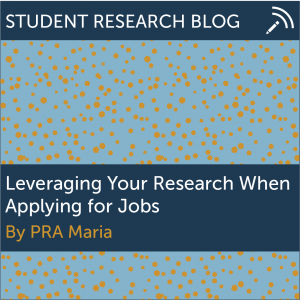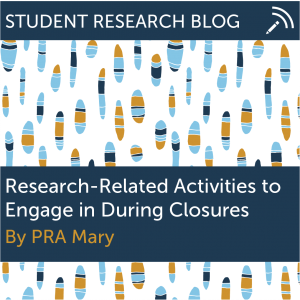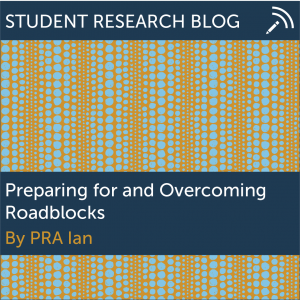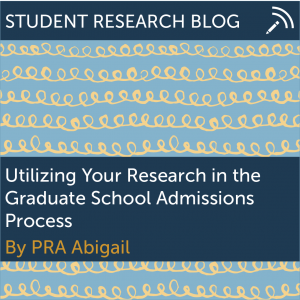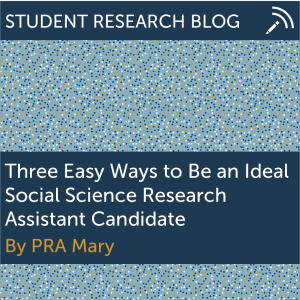Meet Alexandra (Ally) Bettencourt ’21, an OUR Peer Research Ambassador (PRA) majoring in Pathobiology and Animal Science.
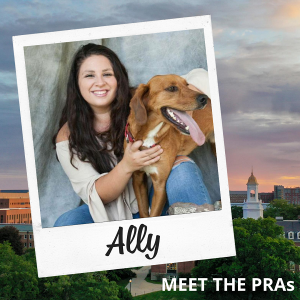 What is the focus of your research?
What is the focus of your research?
The title of my research project is “the effects of poor maternal nutrition on colostrum and milk composition in sheep.” The goal of the project is to determine the protein and fat composition milk samples at various points in lactation, as well as the concentration of IgG, an antibody very important to lambs present in the colostrum. Earlier in my college career, I spent some time working on a project in dairy cattle that involved detecting mastitis using ultrasound technology. During my junior year, I also spent a semester at the Connecticut Veterinary Medical Diagnostic Laboratory on campus working in the necropsy laboratory with veterinary anatomical pathology residents.
Why did you get involved in research?
I started working with Dr. Sheila Andrew during the spring semester of my freshman year in order to gain more experience working with the dairy cattle at the Kellogg Dairy Center (KDC) – put simply, my initial involvement in research came from me really loving cows and wanting to learn more about them. After spending several semesters with Dr. Andrew learning more about lactation physiology, mastitis, and automatic milking in cattle, I joined the laboratory of Dr. Sarah Reed to further pursue my interest in studying lactation in a sheep model.
What advice would you give to incoming first-year students?
Take a deep breath, this is going to fly by and you are going to accomplish more than you ever could have imagined. Give yourself credit and take care of yourself. Study smart, not hard. Join a club or two that you are really passionate about, but do not overwhelm yourself this first semester. Do not be afraid to reach out to professors and upperclassmen, I have never encountered one myself that was unwilling to help.
What do you enjoy the most about participating in research?
Spending time at the animal barns, providing the highest level of care to these sheep alongside some of the greatest friends has undoubtedly been one of the best parts of my current research activity. As the First Vice President of Sigma Alpha, a professional agricultural sorority on campus, I have found myself surrounded by some incredible women in agriculture. Many of these brilliant women in my sorority are also involved in this project, and it has been such a privilege to care for animals, collect data, and make some incredible discoveries alongside them.
What is your greatest accomplishment so far?
In 2016, I was the national first place winner of the FFA Veterinary Science Career Development Event out of nearly two-hundred strong competitors from across the country. Since then, I have spent thousands of hours working in general practice veterinary clinics, specialty veterinary hospitals, large animal ambulatory veterinary services, and in laboratories. During March of 2019, I spent my Spring Break in Roatan, Honduras providing voluntary veterinary relief care to exotic animals at the Maya Key Sanctuary. Although I had never worked with exotic animals before, by our second day of volunteering, the veterinarian I was working with complimented my knowledge and dedication to the patients we were caring for. By the end of the week, this veterinarian had allowed me to assist her on a variety of procedures on some incredible animals, including white-faced capuchin monkeys, a three-toed sloth, a spider monkey, and a jaguar. At the end of our trip, although I had only spent about 40 hours working with this doctor, she and her technician hugged me, offered me a letter of recommendation, and said that I would be an incredible veterinarian one day. Our greatest accomplishments do not necessarily involve the largest trophies or prizes, but may simply be a moment in time where everything we are working towards seems truly seems possible.
What are your plans after graduation? How has involvement in research influenced your plans and prepared you for the future?
I am currently submitting my applications to veterinary medical school and hope to pursue a career in large animal medicine and surgery. My involvement in research as an undergraduate has given me such an appreciation for the scientists making discoveries that influence our understanding of physiology, and the future of medicine in its entirety. Most importantly, I have realized the essential role of research to One Health, a movement that emphasizes the importance of the intersection of human, animal, and environmental health. This realization has led me to a desire to concurrently pursue a Master of Public Health (MPH) degree. As an aspiring DVM/MPH, I hope to not only protect large animal health and welfare during my career, but to eventually teach in higher education. Above anything else I have learned from research activities, I have discovered that having a devoted mentor can change a student’s entire perspective on learning. I can only hope to be that mentor for future students, as my mentors have been for me at UConn.
Click here for more information on Alexandra and other OUR Peer Research Ambassadors.
